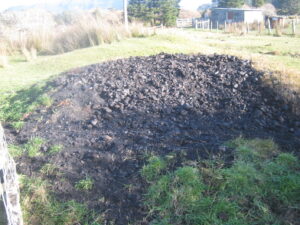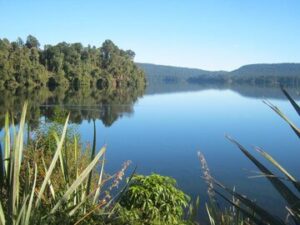
Coal is still being burned in New Zealand and a lot of other countries.
5 Industries not to invest in
We live in a changing world; industries which were once thriving will likely see a decline but those that are able to adapt to a changing world will thrive, but there are some industries which I would think twice about investing in for various reasons. It is up to each and every investor to do their own due diligence when making their investment choices.
Here is my list of industries to avoid:
- Fossil Fuel industries
It is no secret that coal is the scapegoat for climate change and all of the weather related events which take place around the world with monotonous regularity. As a result, it is risky to be investing in anything which is being blamed for climate change, coal being one of these.
During the GFC, the New Zealand government privatised many state owned companies to pay it’s debts, Solid Energy who were involved in the mining industry was one of these. Just a few years later, Solid Energy collapsed with debts of 400m. Falling coal prices were given as the reason for it’s demise. About the same time, the Pike River coal mine blew up killing 29 miners. It too collapsed. Both were listed on the NZ share market. Investors got their fingers burned. Need I say more?
- Manufacturing
Manufacturing is another industry which is vulnerable to changing economic conditions and government policies. During the GFC, Feltex carpets collapsed. It was listed on the NZ Stock exchange. Investors lost their money. I do not know the reason for the demise of Feltex but do know that whatever is manufactured in the West, it is likely that it can be made in China at a fraction of the cost.
- Airlines
The lock downs around the world taught us how Airlines can be easily affected by a pandemic. Air New Zealand were greatly affected as were Airlines around the world. The government bailed them out and it was not the only time that Air New Zealand was rescued by the government. In 2001, they were saved from going under by the NZ government. The shares went down 14 cents per share before they recovered but never returned to their original price. The NZ government ended up owning 51% of the company.
- Retail
Internet shopping has made retail shares risky. I just saw on the news recently that Australian Post has an aircraft which will be used solely for parcels. The seats were taken out of this former passenger plane. Trends which take place in Europe and America are ahead of Australia and New Zealand so high street retail firms need to adapt fast or be left behind.
- Property Developers
There have been several companies involved in property development which have gone to the wall in the past decade. Slowing economic conditions, staff shortages, and material shortages are problems which hinder progress.
During the Global Financial Crisis, Lombard, a finance company in New Zealand went bust. They loaned money to property developers and when their creditors were unable to service their debt it affected Lombard. Their glossy brochure stated that the loans are secured by property but the problem came when the value of the properties were worth less than the debt.
Learning from Experience
Experience is the best teacher and I admit that I lost money when I bought shares in Air New Zealand and Feltex Carpets. I also lost money when I invested 5k in Lombard Finance at compound interest. When Lombard went belly up that 5k had over to over 6k. At least I did receive some money back and this was deposited into my retirement fund which in New Zealand is called Kiwisaver.
As for Coal; the Pike River mine is around 13 or so miles from where I live. I did think of buying shares in Pike River before the explosion just for an interest. I suggest that if you are buying shares in something for the same reason then do so with discretionary spending money.
Special note
Any industry which relies heavily on the discretionary dollar is always going to be vulnerable to changes in the economy.
www.robertastewart.com

Lake Mapouriki near Franz Josef Glacier. A tourist hotspot which was hit hard by covid lock downs.

